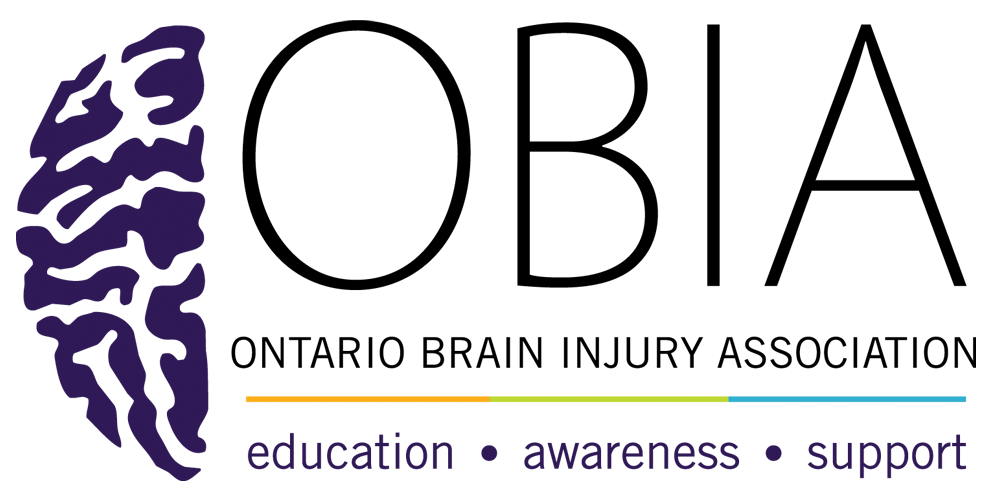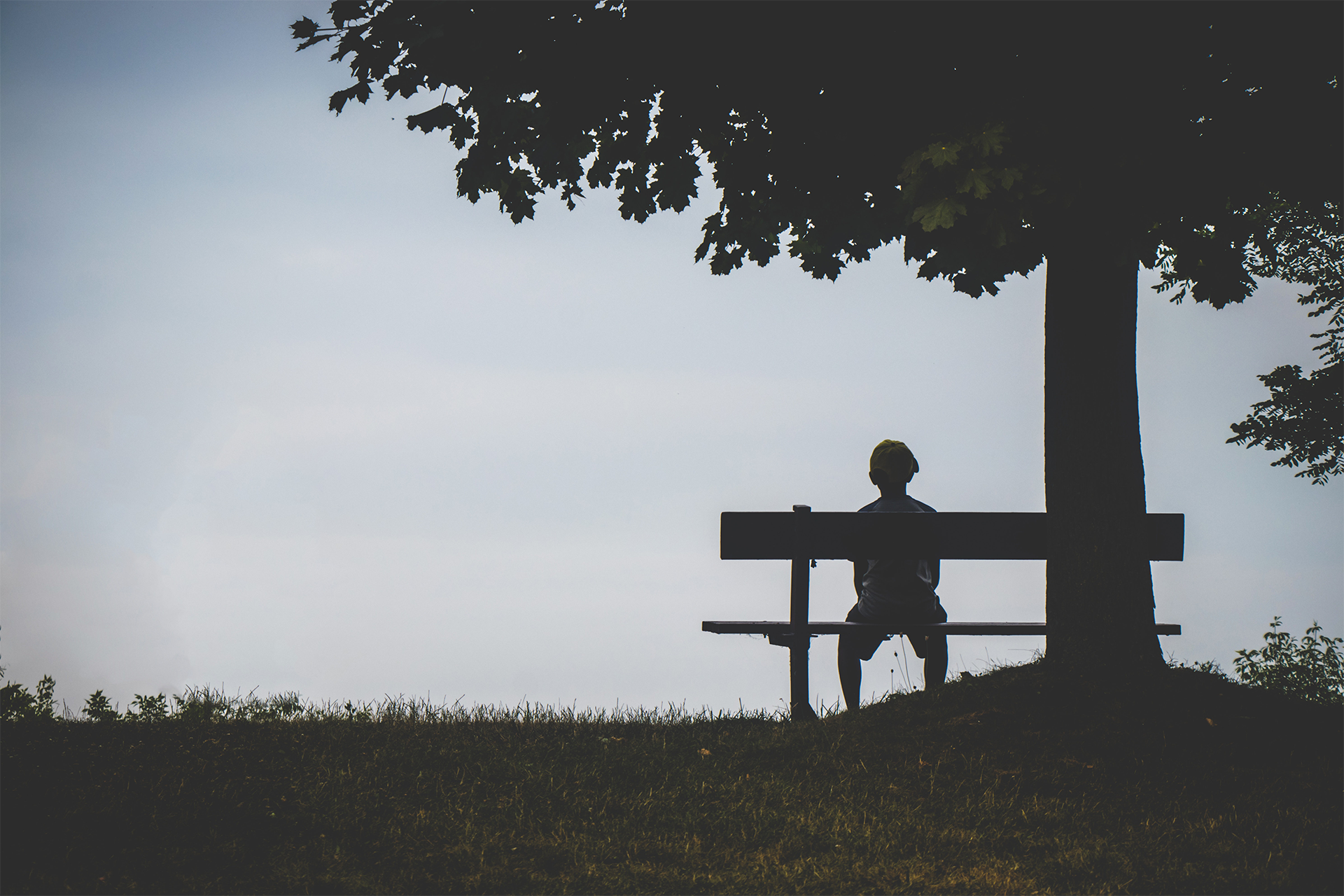Quick Facts
- Social isolation refers to losing one’s connection to normal social networks
- Social isolation can occur due to a loss of mobility, unemployment, or health issues
- It can involve social withdrawal where the individual avoids people and activities that they once enjoyed
- Social isolation and withdrawal are common after brain injury
- Social isolation is closely related to depression, anxiety, low self-esteem, and a sense of less control over one’s life
What does it
look like?
- Disengaged in previously enjoyed activities
- Change in emotional response to relationships and social engagements
- Cancelling appointments, visits, and not returning emails or phone calls
Possible Causes and Complications
Possible causes:
- Reduced sense of self-worth
- Reduced tolerance to stimulation (people/environment)
- Avoidance of uncomfortable situations which may trigger symptoms (e.g. headaches)
- Changes in personality traits and/or cognitive function due to their brain injury
- Difficult adjustment to sense of self after injury (old me/new me)
- Mood related issues (e.g. anxiety and depression)
- Fear of others not accepting the ‘new me’
Possible complications:
- Changes to social network, such as a loss of friends or relationships
- Loneliness
- Self-medicating with alcohol and drugs
- Less willing to access rehabilitation supports
What can we do?
- Look for opportunities where you can engage in activities with one another (e.g. TV, movies)
- Respect the amount of time an individual is willing to participate in activities before they want to withdraw from the situation
- Encourage an understanding that rehabilitation is a process and it takes time to adjust
- Monitor symptoms and contact the treating physician if you become concerned
- When possible, encourage an activity that reduces isolation
- Encourage the individual to step out of their comfort zone and get involved with with activities and programs they enjoy
- Encourage the individual to ask for and accept help
- Seek counselling and support within the community such as peer support groups
Disclaimer: This information is not meant to replace advice from a medical doctor. Consult a health care provider regarding specific medical concerns or treatment.

